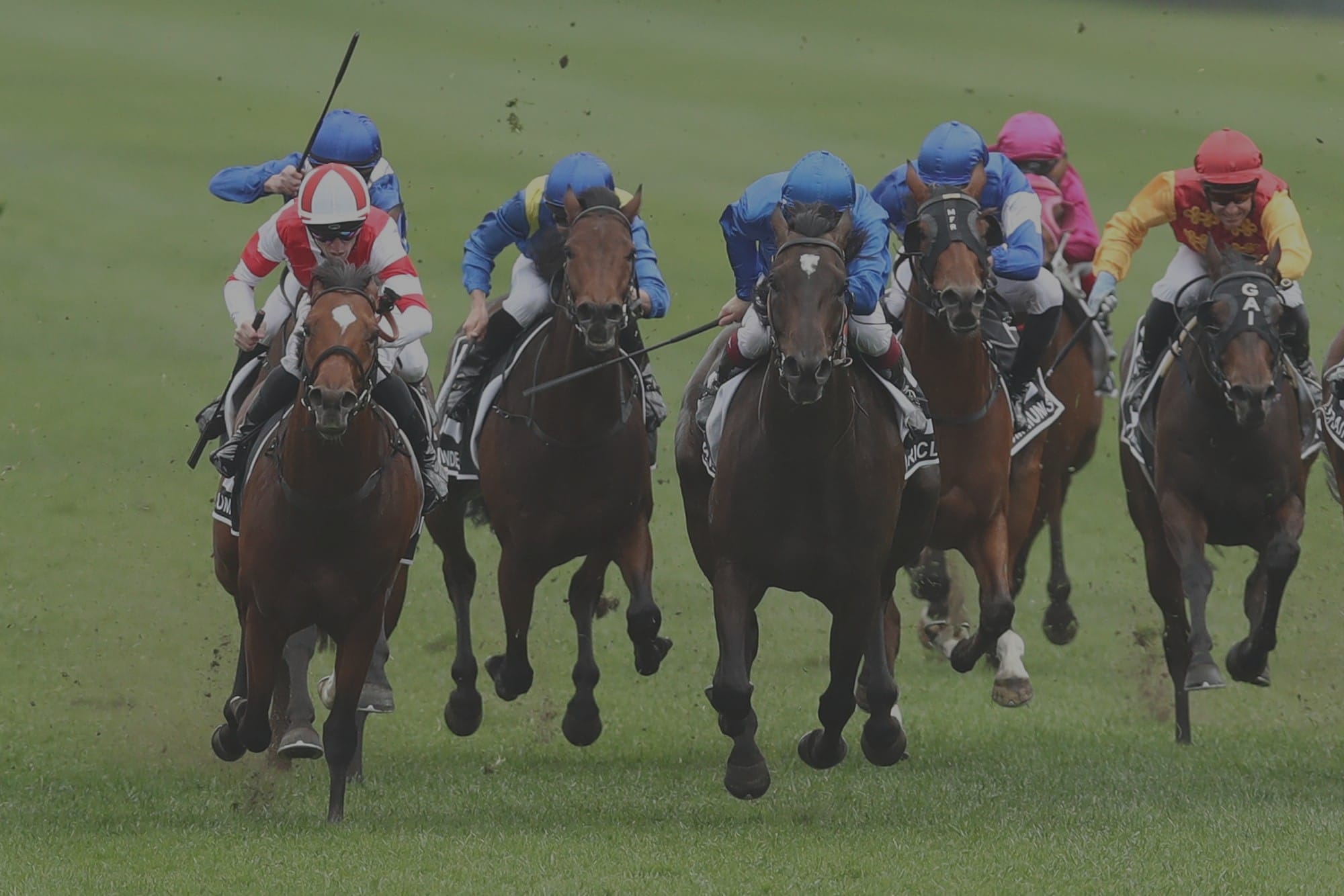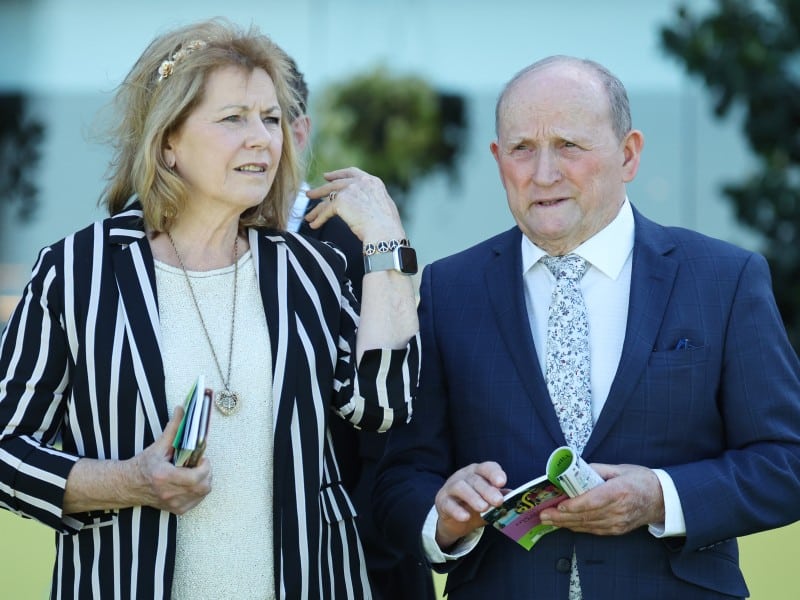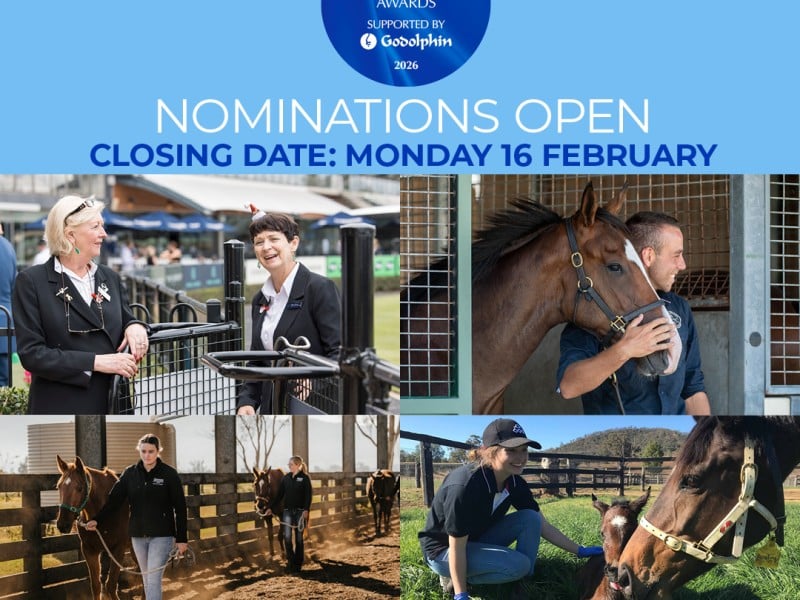From King Island to King Charles, Henry Dwyer is a man on a mission
Henry Dwyer has chanced his hand everywhere from the roaring forties to Royal Ascot and deserves every plaudit for his sense of adventure, writes Matt Stewart.
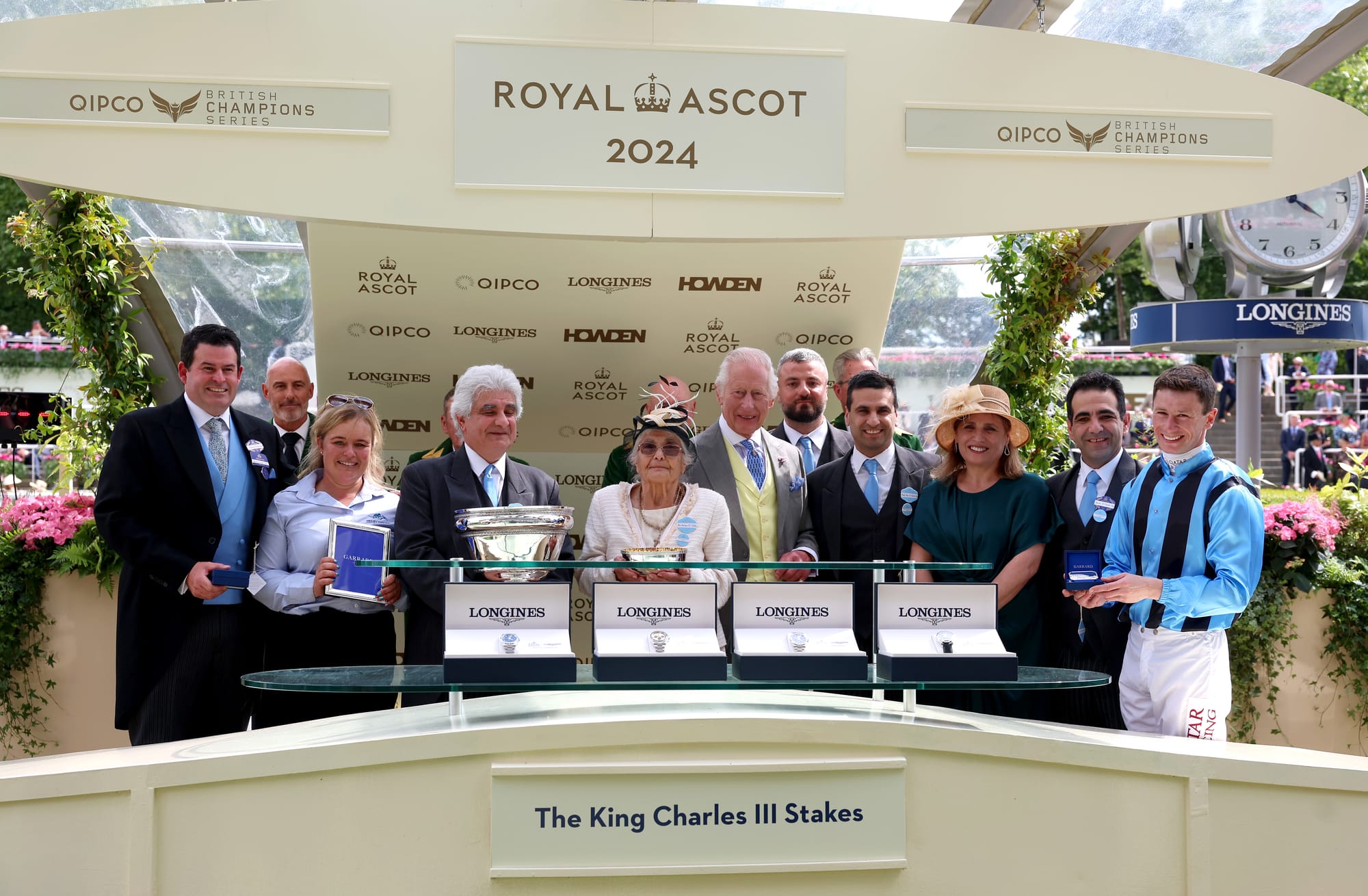
Sleep and self-interest are paramount for horse trainers, so it said something about Henry Dwyer that the boys at Ballarat set their alarms for a particularly rude hour last Wednesday morning.
The King Charles III Stakes was run at 12:45am Melbourne time and a large chunk of the Ballarat training community, including the once infamous “Tuki Twelve”, were glued to racing.com and Royal Ascot.
When Asfoora won for Dwyer and his travelling troupe of 40 mates and clients, the Ballarat What’sApp group erupted.
Trainers don’t often cheer their contemporaries and as engaging as Royal Ascot is, the novelty of the Aussie bombing missions on Britain’s most famous carnival has waned.
Besides, Asfoora was a Group 2 mare in a Group 1 race. She was no Black Caviar, so falling out of bed after midnight for the sleep-deprived Tuki Twelve was more about hope – and Henry – than anticipated glory.
Dwyer was the ringmaster of the Tuki Twelve, a group of Ballarat trainers “sprung” at the Tuki Trout farm between Daylesford and Creswick during a COVID-19 lockdown.
Mainstream media savaged the group before it became apparent that they were country-based and not bound by metro restrictions and therefore in the clear.
A similar gathering a year or so later led to a Dwyer-led group chat about the conundrum of King Island and its galloping and trotting future.
Dwyer and some key stable staff got to work. Pulling off the Miner’s Rest Cup, and then winning a Group 1 race at Ascot with a Group 2 mare, was inspirational. Both missions were wildly ambitious and difficult.
Like Royal Ascot, King Island had history. They first raced at Ascot in 1711 and the winning trophy of a wallaby skin was first claimed on King Island in 1892.
Royal Ascot will exist for as long as there are Royals and racehorses. King Island was dead to rights.
In late 2022, club president Audrey Hamer sent an SOS Facebook post revealing that the island was running out of horses and horse people. An ageing population was not being replenished. It was spluttering into the sunset.
Led by Dwyer, a group of prominent Ballarat trainers sprung into action. The Tuki Twelve bought cheap horses on Inglis online to bolster the island’s horse stocks. The inaugural Miner’s Rest Cup, named after the town nearest to Ballarat’s Dowling Forest racecourse, would be run for a purse of $20,000 in January 2023.
The horses would be shipped by barge for the island to compete for local trainers during the summer carnival.
Sponsors, including Ladbrokes, leapt on board. A sense of community grew beyond the island. The races were livestreamed.
“It’s amazing how supportive everyone was in the first instance, and I made six phone calls (to corporate partners) and they were more than happy to be involved and all chipped in $10,000 each to help cover the horses and extra prize money that goes to charity,” Dwyer said in 2023. The six Miner’s Rest sponsors were IRT Horse Transport, KIA, Magic Millions, Ladbrokes, Tile Importer and Swettenham Stud.
The Tony and Calvin McEvoy-owned cheapie Afridi won the first Miner’s Rest Cup, trained by Audrey Hamer’s island-based son Robert Keys.
The next year, the same team won the race again, this time with Wholesome. On both occasions, the jockey was a flaming-haired journeyman named Thomas Doyle. The contrast to Oisin Murphy, who expertly steered Asfoora at Ascot, was gorgeous.
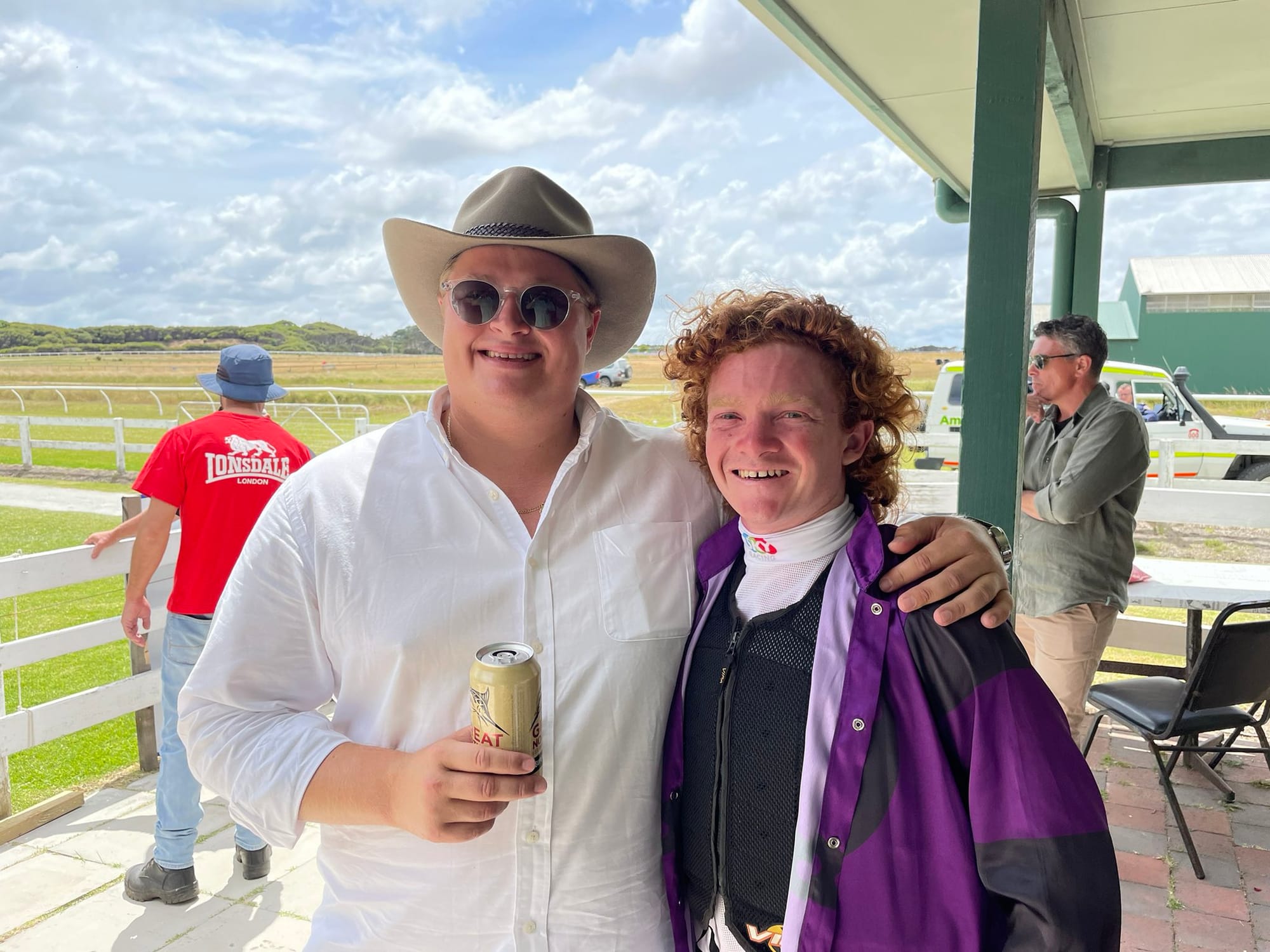
It was the feel-good racing story of the year, just as Asfoora injected our winter with a blast of sunshine.
Tony McEvoy was among those who set the alarm just after midnight last Monday.
“It was all about the respect we all have for Henry,” McEvoy said. “I led the “woo-hoos” at whatever ungodly hour it was. It then just went off. The support for Henry was incredible. It revealed just how happy we all were for him and what an effort it was. Fortune favours the brave.
Would you believe it! Tommy Doyle has won the Miners Rest for a second consecutive year for @mcevoymitchell @mmsnippets pic.twitter.com/c94Par99Uy
— Miners Rest Cup (@MRCKingIsland) January 20, 2024
“Henry is an incredible organiser. Was that mare (Asfoora) good enough? On face value, maybe not. But it was perfectly executed and organised.
“It was the same with King Island. What Henry and his team were able to organise and then pull off was quite remarkable.
“They pulled all the logistics together, Henry got all the horses down there. It was his brainchild.”
McEvoy said the legacy of Dwyer’s two great missions will be to inspire others.
Of Asfoora’s victory at Royal Ascot, McEvoy said: “The one thing that it will do is get people to have a go. Why not? He had over 40 family and friends over there. They had an unbelievable time. Why wouldn’t that inspire others?”
The cost of the King Island expedition was mostly negated by sponsorship. Local businesses and charities were given much-needed boosts via calcuttas and other activities.
I was among a tour group of about 50 who attended the first Miner’s Rest Cup. Broadcaster Bruce McAvaney, with his great sense of history and occasion, was drawn to it.
Great challenges continue to confront Dwyer and his epic missions.
Asfoora may now be off to the Breeders’ Cup at Del Mar.
The Miner’s Rest Cup was a great idea, phenomenally executed. But the trainers on King Island are not getting any younger. If anything, Dwyer and the Tuki Twelve provided an extension rather than a future.
“It’s not gonna work. There’s no youth there, unfortunately,” McEvoy said.
Even if the racing goes, the memories will remain on King Island. They won’t forget what Dwyer did. You can bet they stayed up late last week to cheer him home a world away in England.

